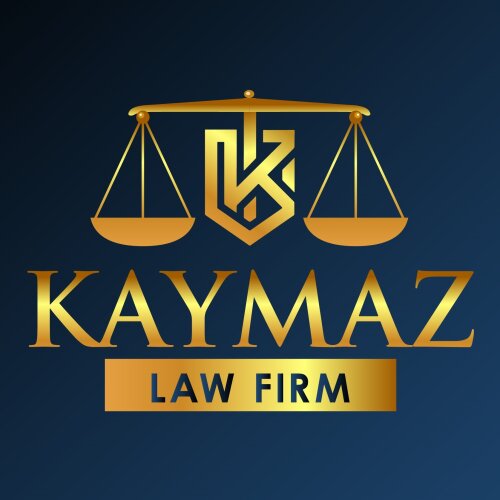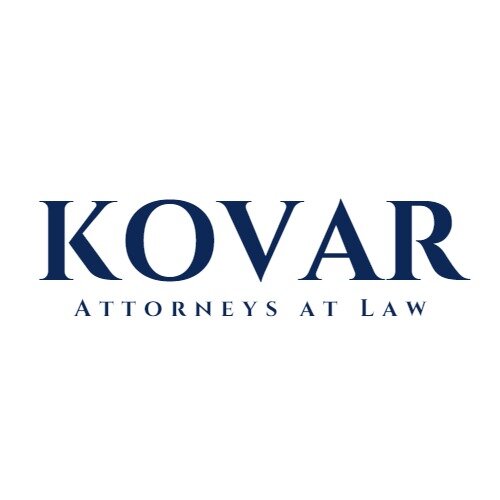What regulatory steps are needed to establish a private equity fund in Turkey and obtain SPK approval?
Lawyer Answers

AVUKAT (KANDEMİR HUKUK)

AVUKAT (KANDEMİR HUKUK)

Kaymaz Law Firm
If you are planning to establish a private equity fund in Turkey targeting mid-market companies, the fund must be structured as a Venture Capital Investment Fund (GSYF) and fully comply with the regulations of the Capital Markets Board of Turkey (SPK/CMB).
Key requirements include:
Fund Structure and Licensing:
The fund can only be established through a Portfolio Management Company (PYŞ) licensed by the SPK.
The PYŞ must hold a specific authorization for venture capital portfolio management.
Fund assets must be held with a custodian institution authorized by the SPK.
Regulatory Approvals and Disclosures:
The fund’s internal regulations (by-laws) and prospectus must be approved by the SPK.
All disclosures and investor information must comply with applicable legislation.
Valuation principles, risk statements, and periodic financial reporting obligations must be properly maintained.
Ongoing Reporting:
After establishment, the PYŞ is required to submit periodic financial statements, activity reports, and portfolio composition reports to the SPK.
Tax Considerations:
GSYFs benefit from corporate tax exemptions, and certain withholding tax advantages are available for investors, which are important for fund structuring and tax planning.
Foreign Investors and Legal Considerations:
AML/KYC compliance requirements must be followed when accepting foreign investors.
Tailored provisions may be needed in investor agreements, the fund’s by-laws, and the prospectus.
Due to the technical nature of the SPK application process and regulatory requirements, engaging local counsel to handle registration, investor agreements, and interactions with the SPK is strongly recommended and highly beneficial in practice.
In summary, while the process is strictly regulated, following the GSYF framework with SPK compliance, proper structuring, and professional legal assistance ensures a smooth establishment and operation of a private equity fund in Turkey.

KOVAR Attorneys at Law
Those who plan to establish a private equity fund in Türkiye generally need to comply with Capital Markets Board (CMB/SPK) regulations, prepare the fund’s core documentation, and operate through a licensed portfolio management company. The CMB requires certain disclosure and transparency obligations regarding the fund’s establishment application, investment strategy, investor profile, and overall fund structure.
After establishment, funds are subject to periodic financial reporting, investor notifications, and certain regular filings submitted to the CMB. From a tax perspective, there may be various exemptions and declaration requirements depending on the structure of the fund.
In practice, many investors prefer to work with local legal counsel to ensure compliance with CMB procedures and to manage relationships with foreign investors effectively. In this regard, you may also seek support from our law firm if needed.

Miran Legal

Miran Legal
Establishing a private equity fund (GSYF) in Turkey requires working through SPK-licensed structures, preparing the fund’s internal regulation and investor documents, applying for Capital Markets Board (SPK) approval through a licensed portfolio management company, and completing registration with the MKK followed by KAP disclosures before fundraising can begin. Because these steps involve strict regulatory, operational, and compliance requirements, it is strongly recommended to consult a professional law firm experienced in capital markets and investment fund formation.

HS Attorney Partnership
Establishing and managing private equity or venture capital funds in Turkey typically requires an asset management (portfolio management) license issued by the Capital Markets Board of Turkey (SPK). As this license is held only by SPK-regulated asset management companies (AMC / “portföy yönetim şirketleri”), the usual market practice is to collaborate with an existing AMC. These firms provide the regulatory platform, handle SPK interactions, and charge a platform fee in return.
If you plan to involve foreign investors, different structures can also be considered, depending on the number and profile of investors. If you will have a relatively small investor group, an alternative to the regulated fund model is simply establishing a Turkish joint-stock company (A.Ş.) that directly carries out the investments. In this structure, you can still agree on management fees, carried interest, and similar arrangements, while avoiding the heavier regulatory framework that applies to SPK-regulated funds. This is often preferred when the investor base is not too broad.
Additionally, in some cases these investment joint-stock companies are held by semi-tax-haven or foreign parent entities, depending on the desired international tax planning and investor requirements.
If you have a specific preference or reason for setting up a regulated fund structure in Turkey, we can certainly explore it. Otherwise, for a limited number of investors, a joint-stock company may offer a simpler and less regulated alternative.

Lexin Legal
Free • Anonymous • Expert Lawyers
Need Personal Legal Help?
Connect with experienced lawyers in your area for personalized advice on your specific situation.
No obligation to hire. 100% free service.
Related Legal Experts
Get personalized help from lawyers specializing in this area



All lawyers are verified, licensed professionals with proven track records


